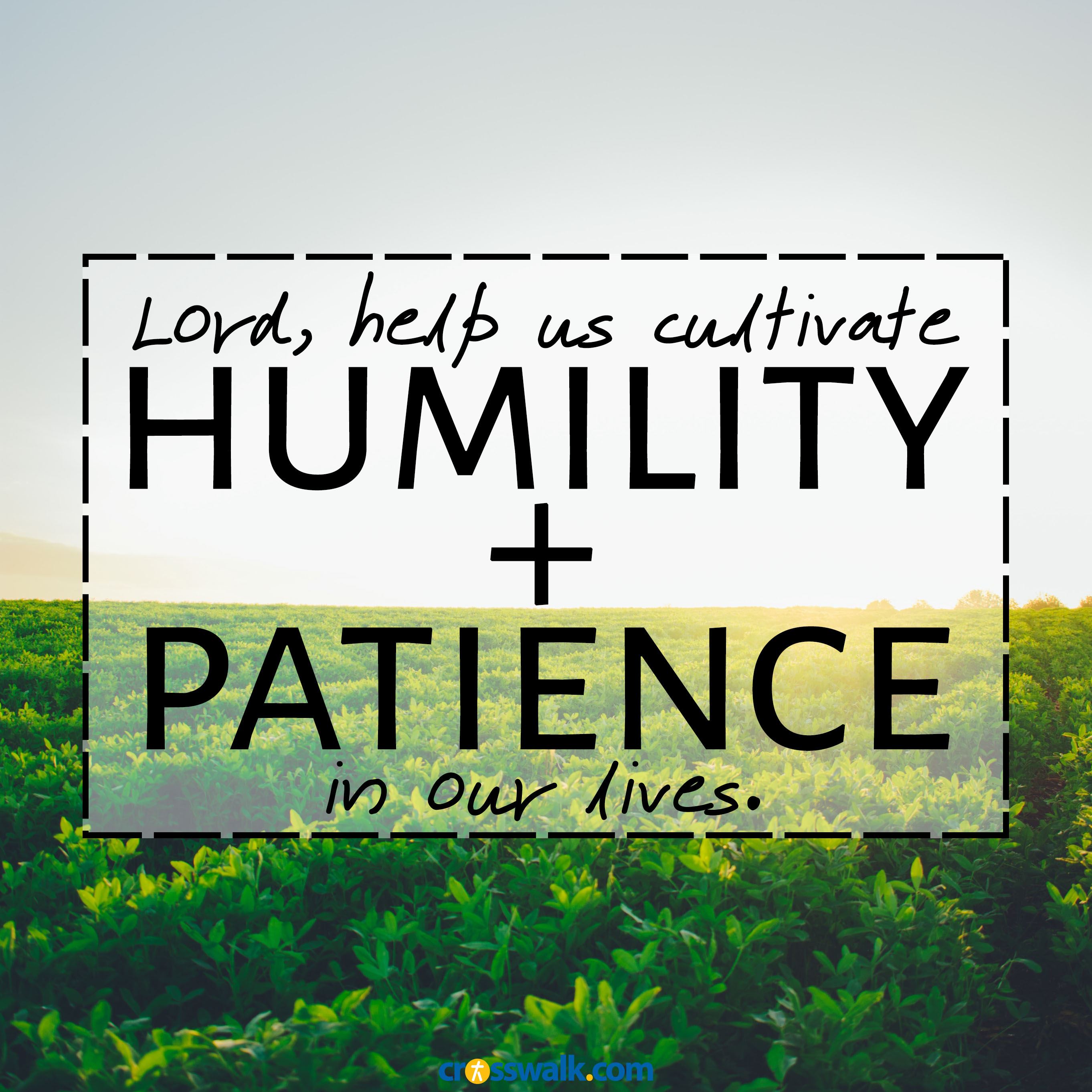
How to Let Patience Win Over Irritation
By: Lynette Kittle
“Be completely humble and gentle; be patient, bearing with one another in love” - Ephesians 4:2
Often, it’s easy to notice things in our husband or wife that we view as annoying habits, while at the same time looking over our own behaviors.
In an episode of the classic television show, “I Love Lucy,” Lucy and Ricky Ricardo, along with their best friends, Fred and Ethel Mertz, find themselves cooped up together during a rainy vacation day. Disappointment at canceled plans, along with boredom set the stage for conflict.

When the close-quarter’s togetherness begins to wear on them, they start turning on each other, picking at habits that are wearing thin on their patience, like Lucy’s excessive stirring of her coffee cup. Of course, the more the irritation is pointed out, the more the distracting behavior increases.
As each person’s habit is exposed, the couples become defensive and offended, pointing fingers at each other. Like the couples in “I Love Lucy” demonstrate, a husband and wife can clearly see others annoying habits and completely be oblivious to their own.
It’s especially easy when feeling stressed to concentrate on small faults in one another, while overlooking huge ones in our own lives. Like Matthew 7:3 asks, “Why do you look at the speck of sawdust in your brother’s eye and pay no attention to the plank in your own eye?”
Especially in the togetherness of marriage, there is the wonderful potential to draw a husband and wife closer together as a couple. But there is also the opportunity to tear couples apart when spouses focus on each other’s flaws rather than their strengths.
So how do married couples navigate through irritating behaviors of their spouse? Ephesians 4:2 encourages us to “Be completely humble and gentle; be patient, bearing with one another in love.”
Scripture assures that “Above all, love each other deeply, because love covers over a multitude of sins” (1 Peter 4:8).
God’s Word also urges each of us to examine ourselves first. As Psalm 25:2 directs, we can ask God to, “Test me, Lord, and try me, examine my heart and my mind.”
Doing so helps us to see our own weaknesses, and helps us to focus on correcting our own bad habits rather than our spouse’s flaws. Self-examination helps to cultivate what Colossians 3:12 encourages us to pursue. “Therefore, as God’s chosen people, holy and dearly loved, clothe yourselves with compassion, kindness, humility, gentleness and patience” (Colossians 3:12).
Hopefully, as we turn the spotlight on ourselves rather than trying to improve our spouse, it will work as a shining light of encouragement for our husband or wife to pursue the same type of self-examination.
Focusing on God changing us helps to develop humility in our lives. Like 1 Peter 3:8 urges, “Finally, all of you, be like-minded, be sympathetic, love one another, be compassionate and humble.”
Being able to overlook our spouse’s offenses comes through humbling ourselves before God, seeking His wisdom, and letting Him cultivate patience in our lives (Proverbs 19:11).
Lynette Kittle is married with four daughters. She enjoys writing about faith, marriage, parenting, relationships, and life. Her writing has been published by Focus on the Family, Decision, Today’s Christian Woman, iBelieve.com, kirkcameron.com, Ungrind.org, and more. She has an M.A. in Communication from Regent University and serves as associate producer for Soul Check TV.
 Related Resource: How to Make Your Prayer Habits Stick
Related Resource: How to Make Your Prayer Habits Stick
Have you ever thought: "I wish I would have prayed first?"
Remembering to make prayer our first option over others in times of crisis, need, or our everyday lives can be challenging. We've all experienced the many distractions that circumvent our prayer intentions.
Join Rachel on Untangling Prayer as she shares James Clear's 4 laws of behavior change and how they apply to our prayer lives.
You won't want to miss the amazing answer to prayer and sweet affirmation she also shares as a beautiful example of how God works in our lives today! If you enjoy this episode, be sure to subscribe to Untangling Prayer on Apple or Spotify so you never miss an episode! Rachel also has a new book called Desperate Prayers: Embracing the Power of Prayer in Life's Darkest Moments.